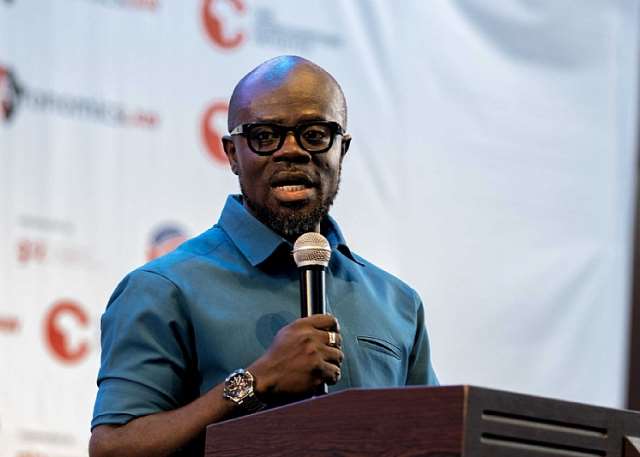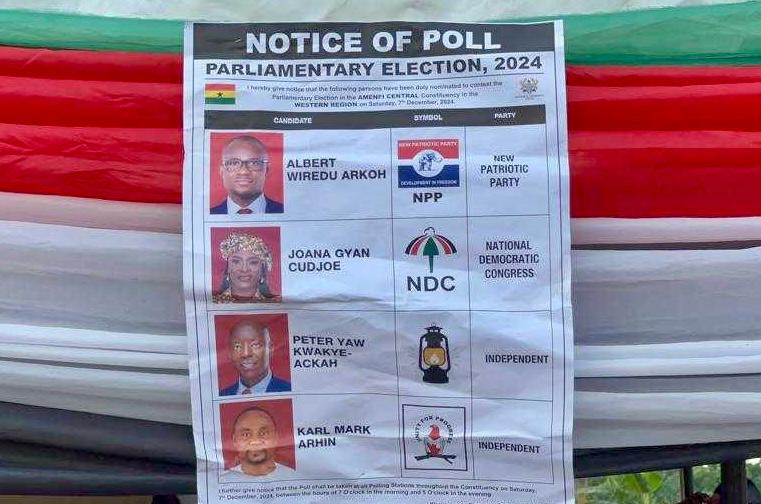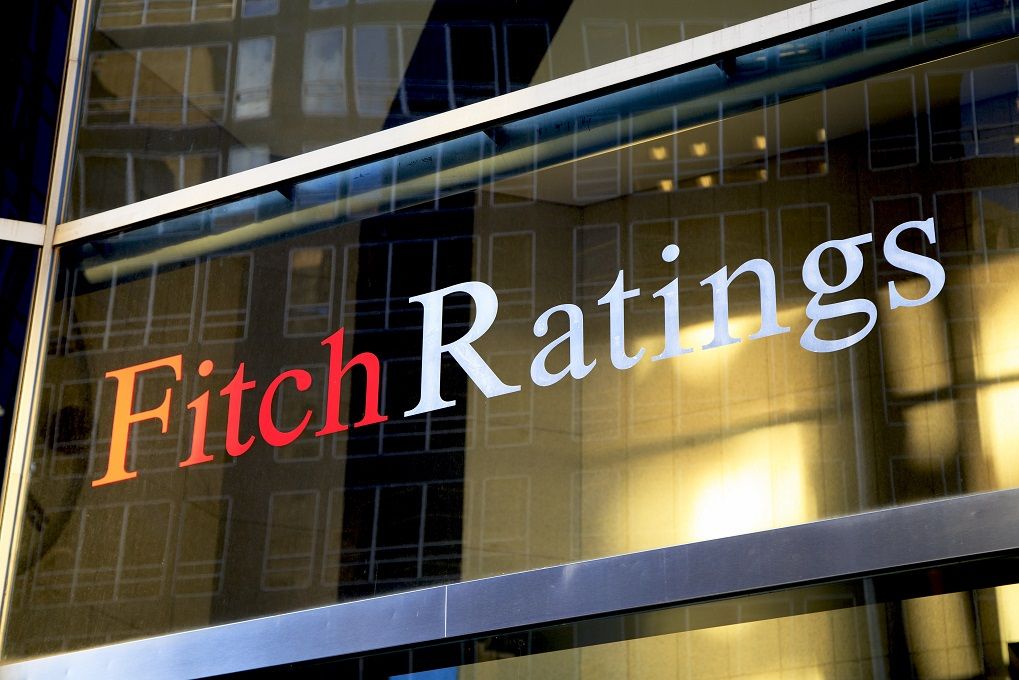
Prof. Ernest Kofi Abotsi, Dean of the Faculty of Law at the University of Professional Studies, Accra (UPSA), has described the ongoing parliamentary dispute over the declaration of four seats as vacant as unprecedented in Ghana’s political history.
This situation has led to a parliamentary standoff, as the Supreme Court issued a stay of execution on Speaker of Parliament Alban Bagbin’s ruling regarding the four contested seats.
Prof. Abotsi noted that the Supreme Court’s involvement in halting the Speaker’s decision presents a novel scenario in Ghana’s legislative process. The Speaker’s ruling has inadvertently shifted the balance of power in Parliament, causing significant tension between the Majority and Minority caucuses.
Despite the Supreme Court’s ruling, the Minority has insisted that they will occupy the Majority side of the Chamber when Parliament reconvenes on Tuesday, October 22.
In a surprising twist, Majority Leader Alexander Afenyo-Markin announced that, rather than engaging in a physical confrontation over seating arrangements, the Majority would choose to walk out peacefully.
During an interview with Bernard Avle on The Point of View on Channel One TV, Prof. Abotsi emphasized the broader implications of this standoff, particularly in the context of the upcoming 2024 elections.
He noted that the situation has sparked significant public discourse, reflecting the deep political divide and the importance of procedural decisions within Parliament.
Prof. Abotsi also highlighted the critical role the Supreme Court will play in resolving the matter, given the legal and constitutional questions it raises.
“It’s unprecedented to the extent that we haven’t had four Members of Parliament whose seats have been declared vacant, not to my recollection. And they are unprecedented because I don’t remember in living memory that we have had a stay of execution of the Speaker’s decisions, in respect of such declaration and therefore, as you rightly indicated a potential reaction from Parliament.
“Which may then potentially create a standoff assuming Parliament decides to go the opposite direction of stay. And the potential consequences, but it is also unprecedented because of the sheer public interest. I don’t remember the number of times we have had such an interaction between the public, parliament and the political actors. In terms of the ramifications and the fallouts and the interventions of the court, a lot of things happening now are unprecedented.
“It’s unprecedented because of the timing, we have a serious election pending in December, and we have the opposition party as it were-wrestling from the Majority party its position. And you have the court coming in with the potential ramifications.”
source: citinewsroom.com








